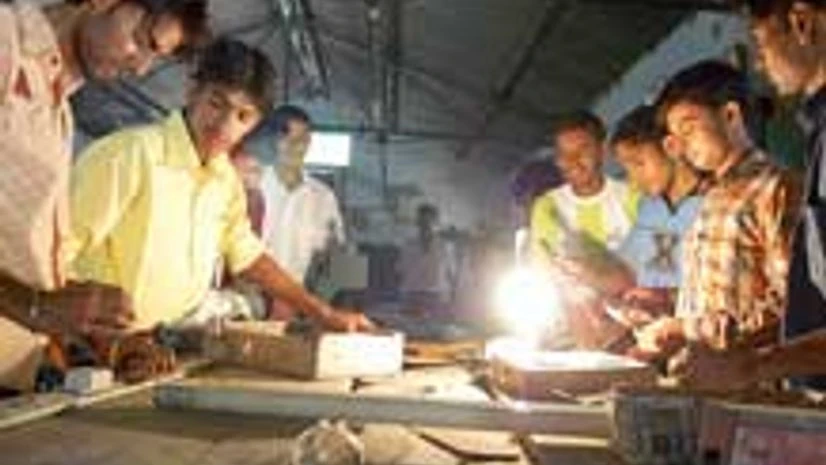The increase in power tariff in Punjab announced by the state's power regulator and made applicable from last month will hit over 172,000 small and medium enterprises (SMEs) in the state. Already, perturbed over the slowdown and unscheduled power cuts, SMEs feel that the increase in power tariff will further hurt them.
The maximum increase in tariff was made applicable to industry. For small and medium supply industrial consumers, the increase was 12.5 and 11.6 per cent, respectively. With the latest raise, small industrial consumers (having a low load requirement) will have to pay Rs 5.74 per unit (excluding Octroi and other taxes), and medium industrial consumers (having a higher load requirement) will have to pay Rs 6.26 per unit (excluding taxes).
The total consumption of power by SMEs in Punjab was estimated at 1,770 million units in 2012-13, and the state power corporation earned revenues of Rs 1,508 crore from these SMEs.
More From This Section
Pran Chadha, managing director of Jalandhar-based Universal Sports Industries, told Business Standard, "The slowdown in the domestic and overseas markets has affected sales. But, unscheduled power cuts in the state are hampering industrial production, making it difficult to meet even the current sluggish demand. In such a scenario, the increase in power tariff is a big blow to the industry."
He said that industries from Punjab had in the past shifted to neighbouring states, where power supply was regular and tariffs were lower than in Punjab. Industrialists added that no fresh investment will come to Punjab, and existing units may shift base to neighbouring states like Himachal Pradesh, Jammu & Kashmir and Uttarakhand, where power is not erratic and tariffs are lower.
"Punjab is far away from the ports and suffers locational disadvantages. In this scenario, attracting new investments would be very difficult, as existing enterprises will put their expansion plans on hold," said a hand tool manufacturer in Jalandhar.
Industrialists maintained that free power was being supplied to the agriculture sector, due to which industry had been burdened with an enhanced power tariff. The government subsidy budgeted for free supply to the agriculture sector in 2013-14 is Rs 4,778.13 crore.
Ashwani Kohli, vice-president of the Punjab Chamber of Small Exporters, said, "The increase in energy rates will raise input costs for SMEs and render them uncompetitive vis-a-vis other states. The cost of production will further rise for struggling industries such as textiles, light engineering, auto components and the bicycle industry." He added that the high cost of inputs compared to China and other countries would hurt exports.

)
